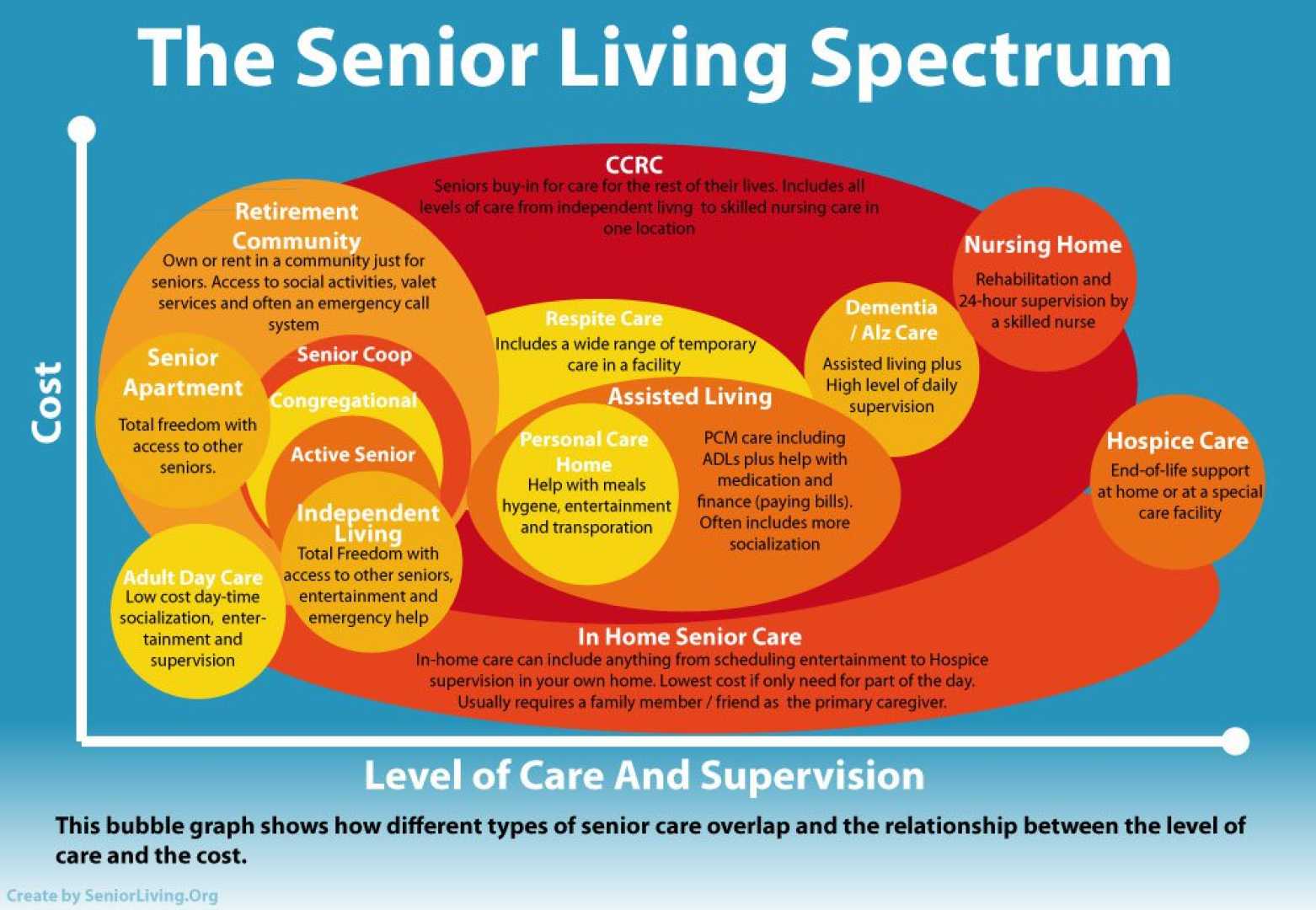Health
Enhanced Support and Innovations in Aged Care: Recent Developments and Challenges

In recent developments, aged care has seen a significant focus on enhancing the quality of life for older adults. In Singapore, various financial support schemes are in place to help seniors manage their care needs. The CareShield Life scheme, for instance, provides long-term care insurance to policyholders who develop severe disabilities, helping to cover personal and medical care costs.
In addition to financial support, there is a growing emphasis on improving the daily living conditions in aged care facilities. As global temperatures rise, maintaining a safe and comfortable environment has become a critical challenge. Aged care facilities are adapting to climate change by implementing measures to keep residents cool and comfortable.
Research and innovation are also playing crucial roles in aged care. For example, studies have highlighted the benefits of vaccinating older adults against respiratory syncytial virus (RSV), which can significantly reduce the risk of severe respiratory infections. Moreover, wearable devices are being explored to help older people manage heart health, particularly those living with atrial fibrillation.
The use of technology is further expanding in aged care. Sensors and virtual reality (VR) education are being utilized to support aging at home and improve meal times for dementia patients. These innovations aim to enhance the wellbeing and independence of older adults.
Despite these advancements, challenges persist. Many aged care facilities are still struggling to meet the mandatory minutes of direct care, even with increased funding. There are also calls for better antibiotic management and improved infection prevention and control measures in residential aged care settings.
In Australia, the federal government has announced a further $3.8 billion investment in aged care over the next few years, which includes pay rises for aged care workers. Additionally, a new Aged Care Act is set to be introduced to parliament, welcomed by advocacy bodies as a step towards better care standards.












